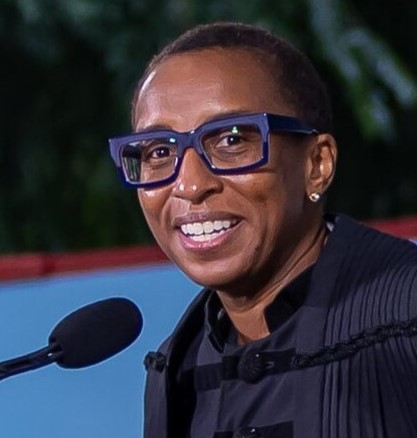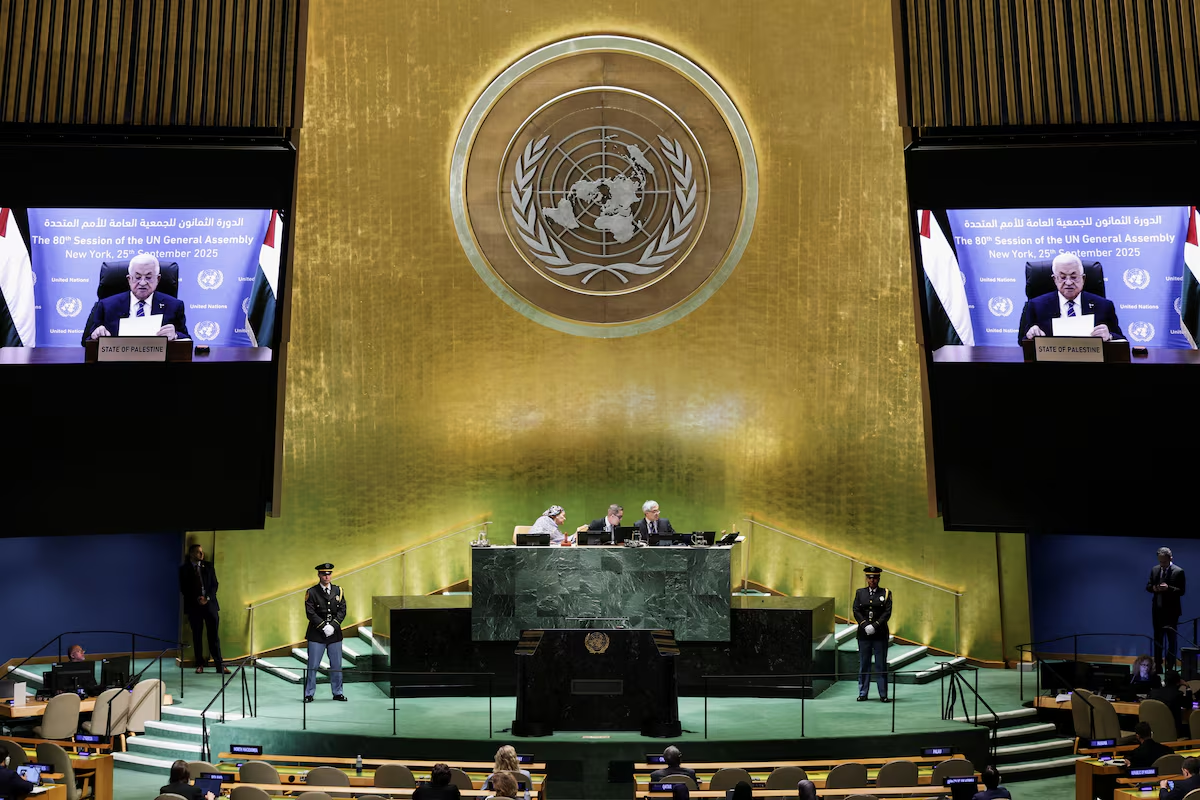
On Jan. 2, Claudine Gay resigned from her role as president at Harvard University. She was appointed as the first black President of Harvard and she became the university’s icon for diversity.
Gay has served the shortest tenure of the university’s history of presidents, emphasizing her unstable career at Harvard.
“It is with a heavy heart but deep love for Harvard that I write to share that I will be stepping down as president. This is not a decision I came to easily,” Gay wrote in her letter to the Harvard Community.
In late 2023, she was exposed for plagiarism in her academic work as journalists began investigating the legitimacy and authenticity of her work. An investigation with Harvard found many instances of inadequate citation.
Although admitting to using improper citations in her work and making errors, she has denied claiming credit for other people’s work. This leads many to be frustrated over her response to the scandal.
Merriam-Webster defines plagiarism as, “to steal and pass off (the ideas or words of another) as one’s own: use (another’s production) without crediting the source.”
Gay has repeatedly denied any accusations of plagiarism. However, many scholars have said the evidence suggests otherwise.
“It shouldn’t be controversial to call what Claudine did plagiarism. We teach students that it’s plagiarism all the time,” Stephen Voss, a professor at the University of Kentucky said in an interview. Voss’ academic work was allegedly plagiarized by Gay.
Those on Gay’s defense have spoken out, claiming that her plagiarism scandal was an attack by right-wing activists, notably Christopher Ruffo. Gay’s appointment stands for the principles of diversity, equity and inclusion. Her supporters have argued that this is an attack against her race and what she stands for as the first black president of Harvard.
This debate leads to an interesting discussion on the topics of diversity and academic honesty.
“The clearer our standards, the more sure we are in what we believe in, the less it matters where a complaint or an attack is originating from,” Voss said. “ I reject the idea that an accusation that otherwise would have been taken seriously ought to be fended off because the bad guys are using it.”
According to Harvard’s Plagiarism Policy, “Students who, for whatever reason, submit work either not their own or without clear attribution to its sources will be subject to disciplinary action, up to and including the requirement to withdraw from the College.” University faculty, especially the president of Harvard are also held to this level.
The other reason linked to her resignation was due to her handling of antisemitism on campus. Several universities around the United States have seen protests on the subject of the Israel-Hamas conflict. However, Ivy league schools have notably seen the most intense and politically active campuses.
Gay was questioned in front of a panel at a Congressional hearing regarding the subject of antisemitism and hate speech on campus alongside presidents from other institutions, including the University of Pennsylvania (UPenn) and the Massachusetts Institute of Technology.
“At Harvard, does calling for the genocide of Jews violate Harvard’s rules of bullying and harassment?” Co Elise Stefanik asked at the hearing.
“It can be, depending on the context,” Gay responded.
Following the hearing, Gay apologized for her statement. She has since released press statements condemning antisemitism. In addition to the backlash Gay received following the hearing, UPenn president Liz Magil also resigned.
“Amidst all of this, it has been distressing to have doubt cast on my commitments to confronting hate and to upholding scholarly rigor—two bedrock values that are fundamental to who I am—and frightening to be subjected to personal attacks and threats fueled by racial animus.” Gay wrote in her letter to the Harvard Community.
Gay remains at Harvard University at a lower position. As the Israel-Hamas conflict continues, students at universities all around the United States continue to protest, showcasing both ideas of thought. To what extent will university leaders allow antisemitic hate?








